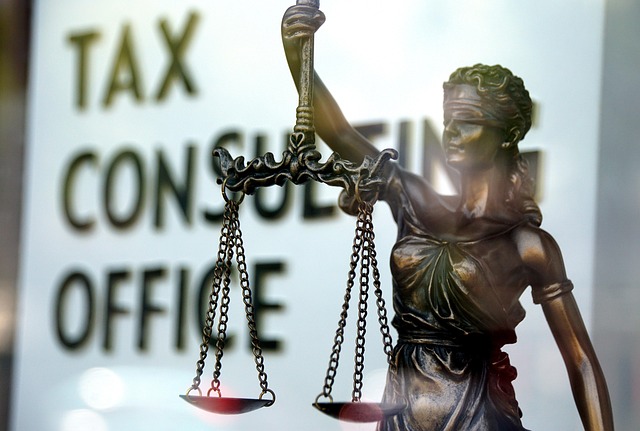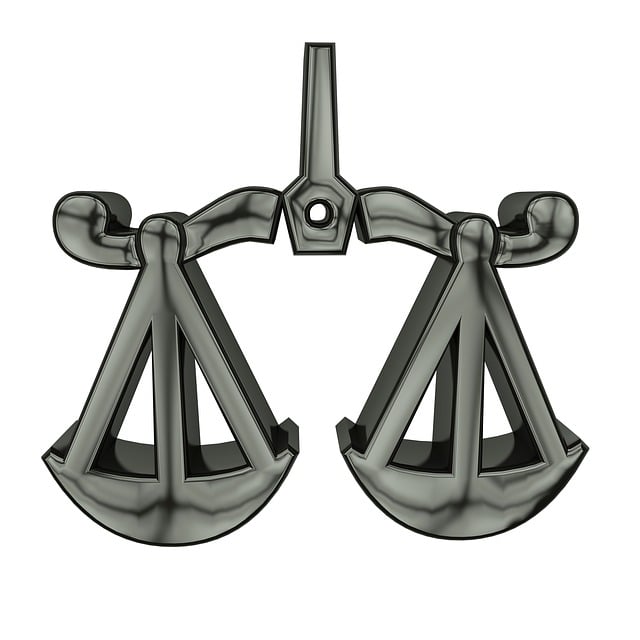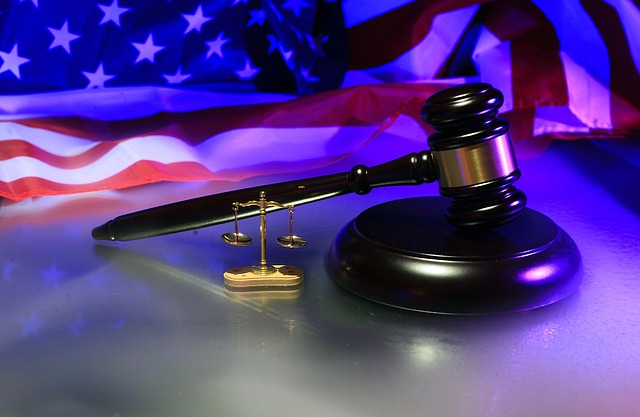In RF Regulatory Agency investigations and trials, lawyers employ strategies to contest witness credibility by rigorously cross-examining witnesses, challenging their biases, motivations, and methodology. Effective evidence gathering involves presenting counter-evidence and documented records to undermine witness statements. These tactics are crucial for successful defense, particularly in criminal matters, aiming for favorable outcomes within fair trial principles, especially appealing to philanthropic and political communities.
RF Regulatory Agency investigations demand a meticulous approach. This article guides you through navigating complex procedures, from understanding evidence collection protocols to crafting a robust defense strategy. Learn effective cross-examination techniques to challenge witness credibility and counter expert testimonies. Discover how to build a compelling narrative that strengthens your case. With practical strategies to contest witness reliability in trials, this resource is invaluable for ensuring a fair outcome in RF regulatory matters.
- Understanding RF Regulatory Agency Procedures
- Gathering Evidence to Support Your Case
- Cross-Examining Witnesses: Effective Strategies
- Countering Expert Testimonies
- Building a Compelling Defense Narrative
Understanding RF Regulatory Agency Procedures

When facing RF Regulatory Agency investigations, understanding their procedures is paramount to mounting an effective defense. These agencies are tasked with ensuring compliance with wireless communication standards and regulations, which can significantly impact businesses and individuals alike. The investigation process involves a thorough review of records, equipment, and practices, often culminating in hearings or trials where witness credibility plays a crucial role.
In high-stakes cases, such as general criminal defense strategies for achieving extraordinary results, understanding how to contest witness accounts is essential. Just as in high-stakes cases, RF investigations can turn on the reliability and accuracy of expert testimony. Lawyers representing individuals or companies under scrutiny should be prepared to scrutinize witnesses’ biases, motivations, and the methodology behind their assertions. This strategic approach ensures that even in complex scenarios, a strong defense can be constructed, aiming for favorable outcomes, especially when dealing with general criminal defense matters.
Gathering Evidence to Support Your Case

In RF Regulatory Agency investigations, gathering evidence to support your case is paramount. One crucial strategy involves scrutinizing witness testimonies, as they can significantly sway jury trials. To strengthen your position, employ tactics such as cross-examining witnesses rigorously, challenging their recollection and motives, and presenting counter-evidence. This not only undermines their credibility but also presents a compelling narrative to the philanthropic and political communities.
Additionally, utilizing documented evidence from all stages of the investigative and enforcement process is essential. This includes meticulously maintained records, expert opinions, and any relevant data that contradicts witness statements. By employing these strategies, you can ensure your case is robust enough to withstand intense scrutiny, ultimately enhancing your chances in legal proceedings.
Cross-Examining Witnesses: Effective Strategies

Cross-examining witnesses is a crucial aspect of any legal trial where the goal is to challenge their credibility and present a compelling case for your corporate or individual clients. Effective strategies in this area can significantly impact the outcome, potentially leading to winning challenging defense verdicts. One powerful approach is to scrutinize inconsistencies or gaps in their testimony. Lawyers can ask targeted questions about dates, details, or memories, aiming to reveal any discrepancies. For instance, probing the witness’s ability to recall specific events with precision can cast doubt on the overall reliability of their statements.
Another strategy involves exposing potential biases or motives. It’s essential to explore whether the witness has a personal interest in the outcome, which might influence their account. By uncovering such biases, you can effectively argue that their testimony lacks impartiality. Additionally, using leading questions and logical rebuttals can help discredit their claims. For his clients, mastering these techniques enables them to navigate complex investigations and present a strong defense, ensuring fair legal proceedings.
Countering Expert Testimonies

When facing investigations by RF Regulatory Agencies or any legal proceedings, countering expert testimonies can be a significant aspect of building a robust defense strategy. In many cases, the credibility and reliability of an expert witness’s opinions are pivotal to the outcome of a trial. Therefore, designing effective strategies to contest these testimonies becomes crucial for general criminal defense.
Lawyers specializing in both white-collar and economic crimes often employ various tactics to challenge the validity of expert opinions. This may involve thorough cross-examination, where the defense questions the witness’s methodology, data sources, and underlying assumptions. Additionally, presenting alternative interpretations or evidence that contradicts the expert’s findings can weaken their testimony. Engaging in this process is not merely about discrediting but rather ensuring a fair trial by providing a balanced view of the facts to the court, which also resonates with the philanthropic and political communities.
Building a Compelling Defense Narrative

When facing RF Regulatory Agency investigations, crafting a robust defense strategy is paramount. One critical component involves building a compelling narrative that challenges the agency’s claims and protects your respective business interests. This requires meticulous preparation and the application of effective strategies to contest witness credibility in trials. By employing rigorous cross-examination techniques, you can expose inconsistencies in testimony and present alternative explanations for any allegedly non-compliant behaviors.
Focus on gathering comprehensive documentation that supports your client’s position. Demonstrating due diligence and compliance efforts can significantly weaken the agency’s case. Additionally, presenting expert opinions or industry standards that contradict the prosecution’s arguments can be a powerful tool. Remember, the goal is to avoid indictment by presenting a well-structured defense, ensuring that all actions were taken in good faith and within legal boundaries, for his clients’ benefit.
Navigating RF Regulatory Agency investigations requires a strategic approach, from understanding procedural nuances to gathering compelling evidence. By employing effective strategies during witness cross-examination and countering expert testimonies, you can significantly strengthen your defense narrative. Remember that building a credible case involves meticulous preparation, thorough documentation, and a deep understanding of the legal landscape. Utilizing these proven methods, such as implementing Strategies to Contest Witness Credibility in Trials, ensures your voice is heard and your rights are protected throughout the process.






